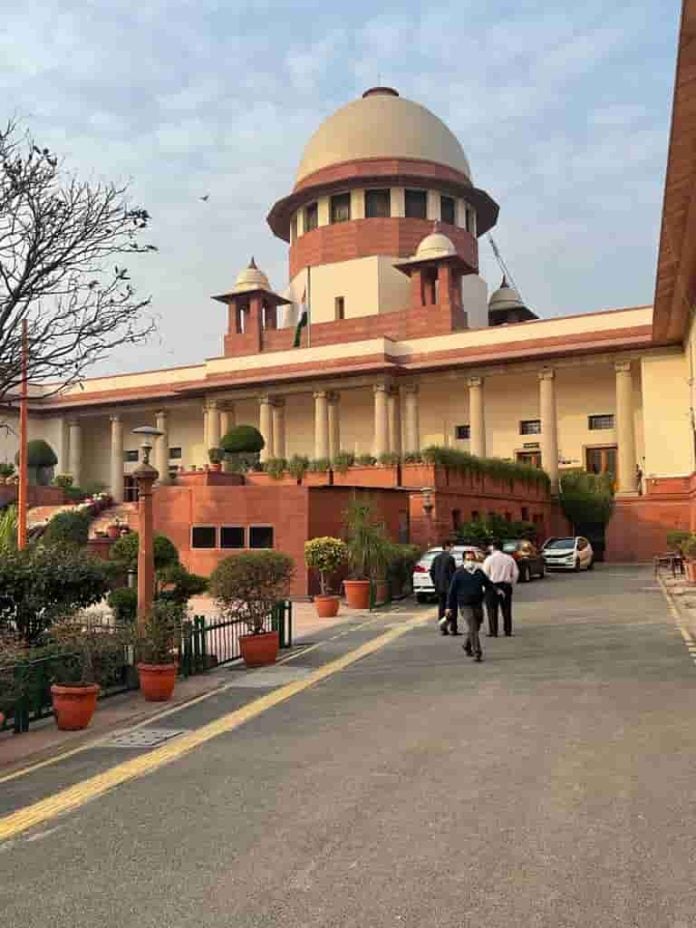The Supreme Court has today asked the Centre and the Tamil Nadu government to respond on a plea filed by Nalini Sriharan for a premature release from her life term in the assassination case of former PM Rajiv Gandhi.
A bench comprising of Justice B R Gavai and Justice B V Nagarathana have issued notices to the Centre and the Tamil Nadu government seeking their replies on the plea.
The Apex Court has also issued notices on the plea filed by R P Ravichandran, who too is a convict in the case.
The June 17 order by the Madras High Court which rejected her plea for early release has been challenged by her.
Nalini had cited before the Apex court the judgement ordering the release of co-convict A G Perarivalan.
The High of Madras had rejected the petitions of both Sriharan and Ravichandran, who were convicted in the assassination of the former prime minister.
The High court while rejecting their pleas said that High courts under Article 226 do not have any power to do so, unlike the Supreme Court which enjoys the special power under Article 142,
The Top Court under Article 142 had invoked its extraordinary power and ordered the release of Perarivalan, who had served over 30 years in jail, and said the Tamil Nadu governor ought not to have sent the “binding” advice made by the state cabinet for his release to the President.
The Apex court in the case has said that the advice of the state cabinet is binding on the Governor in matters pertaining to the remission of sentences under Article 161 of the Constitution.
Under article 142, the Top Court may issue any verdict or order necessary to provide “complete justice”.
Rajiv Gandhi was assassinated in a poll rally on the night of May 21, 1991 at Sriperumbudur in Tamil Nadu by a suicide bomber named Dhanu.
The Top court in its May 1999 order had upheld the death sentence of four convicts Perarivalan, Murugan, Santhan and Nalini.
In year 2014, the Court it commuted the death sentence of Perarivalan to life imprisonment along with those of Santhan and Murugan on grounds of delay in deciding their mercy petitions.
however in case of Nalini’s the death sentence was commuted to life imprisonment in 2001 itself as she had a daughter who had to be raised.


